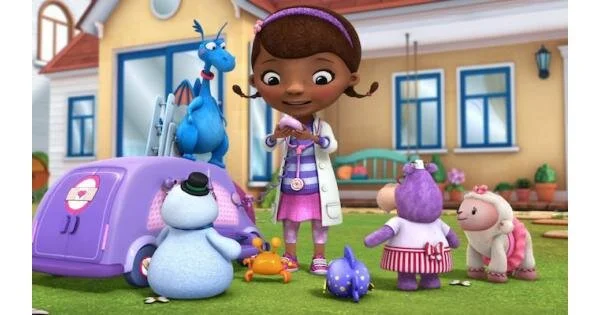Things May Not Make Sense When You Are Older: What Adults Can Learn From Olaf by Nicole Willard
Disney recently released their hit movie Frozen II on Disney+ months before expected. One may predict that the sudden closure of schools due to COVID-19 in many states have impacted that choice. As I sat in my pajamas looking forward to many viewings of the movie, I could not help but notice Olaf’s joyful spirit as he grapples with tough topics including coping with change, and the fear of dealing with the unfamiliar. We watch as he tries to figure out how to manage big changes, and the emotions that come along with that. The thing is, children are bombarded with the message that being older is better. This is reinforced throughout the movie as Olaf cheerfully jokes, “you’re older and thus all knowing.” These messages are important to think about as we move quickly “into the unknown” that is the COVID-19 pandemic.
In the movie, Olaf skips around singing lyrics, “This will all make sense when I am older, someday I will see that this makes sense…” However, as I am sure most adults know, things do not always make sense when we are older. Times are tough right now. COVID-19 has people on edge. Many lives are turned upside. The world as a whole feels unsure of how to proceed. Adults are stocking up on food, practicing social distancing and worried about caring for loved ones. Educators are working overtime to provide opportunities for remote learning.
It seems as though many are shifting our lives around to accommodate children, few people seem to be asking what our children need. With so many communities encouraging self-distancing, children’s worlds are being turned upside down. They are taken away from core parts of their lives: teachers, friends, and routines. For many children, schools are the one true system where they experience consistency. This consistency is being uprooted with little to no warning for the children to be able to cope with. This lack of inclusion in these decisions just further promotes to the children that adults have all the power and they have no say in the matter.
With this in mind adults are over correcting for children. Many are trying to keep-up a façade that everything is fine… but it’s not. We hear adults say children do not understand, or that it is our job to shield their innocence. However, children are aware of what is happening. They hear the hushed conversations from family members. They hear the reporters on the news discussing the number of sick people across the world, and the increasing number of people dying. It is easier to pretend that things are fine, than having the tough conversations. We claim to be protecting the children, but in reality we are really protecting ourselves.
We see throughout Frozen II, the big events that are happening are confusing for Olaf. When the Arendellians are cast out from Arendelle, viewers watch as a cheerful Olaf allows children to cover him in ice crystals while he says, “we’re calling this controlling what we can when things feel out of control.” How many of our children are trying to manage these big changes on their own because we are not addressing the gravity of this crisis?
Now you’re probably wondering, what can we do to support children? Let us avoid building a wall between children and adults, and instead open communication. We can be honest and open about what is going on in an age appropriate way. Ask children what they know, or what questions they have. For example, a student of mine (5 years-old) told another classmate, “I heard there is a virus and it’s going to kill all the old people, so now we need lots of toilet paper. I hope my friend Ben doesn’t die. He has grey hair and is old.” It would have been easy enough to tell them that that’s not correct and move on. Instead, I took the time to clarify, “Why do you think that?” The child shared what they heard from the news, and their interpretation. I was able to help provide more context for the information that he had overheard. This not only calmed his fear, but stopped the spread of fear among my students. It also opened the door to him coming back to ask for more clarity. There is no doubt that these conversations are difficult, but it is important to give the children the chance to process their thoughts and feelings.
As the problem within the movie resolves and the characters return back to Arendelle, Olaf quips, “I still don’t know what transformation means, but I feel like this forest has really changed us all.” This firsthand experience with the pandemic of COVID-19 will transform us. Let it transform us for the better and unite us. Allow children to see that adults have complex feelings and emotions and that is natural regardless of age. Things may not make sense when you are older, and that is okay.





